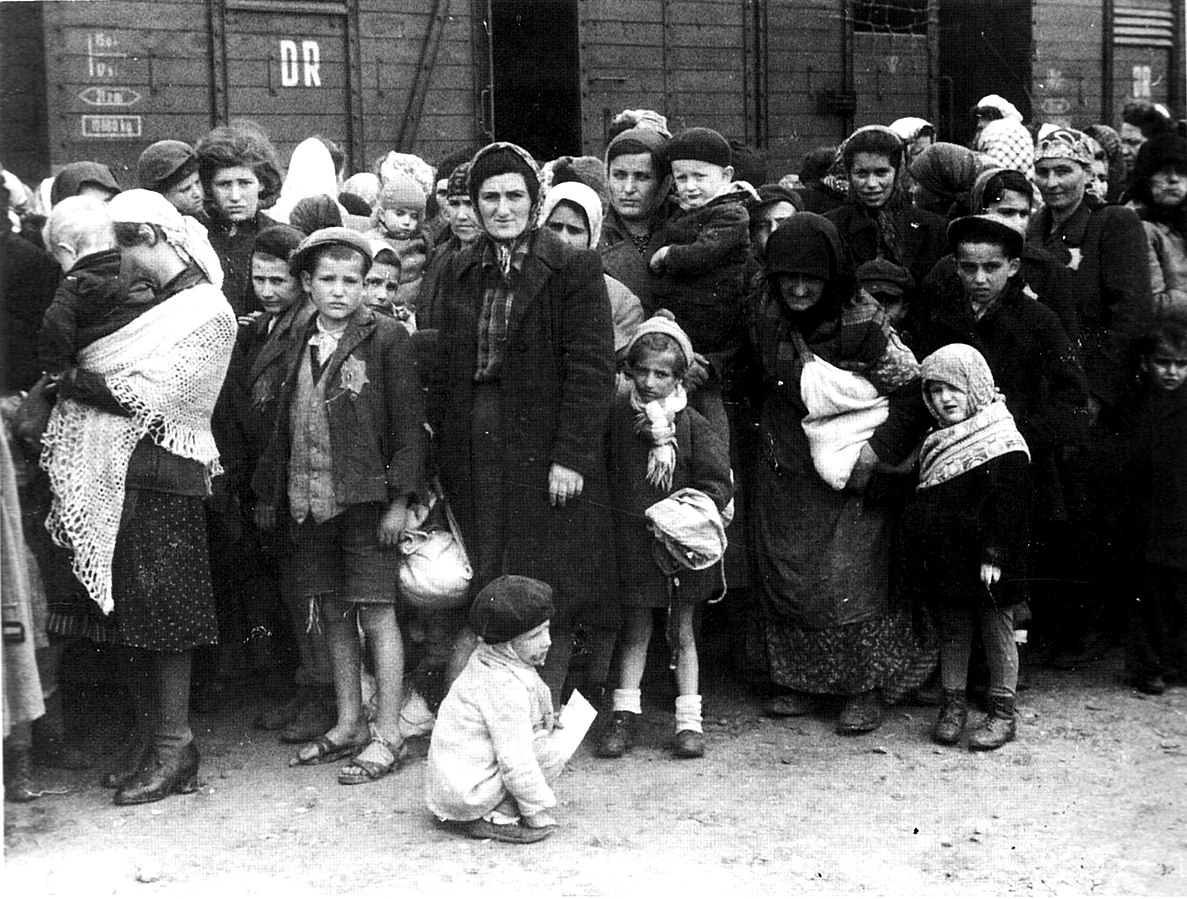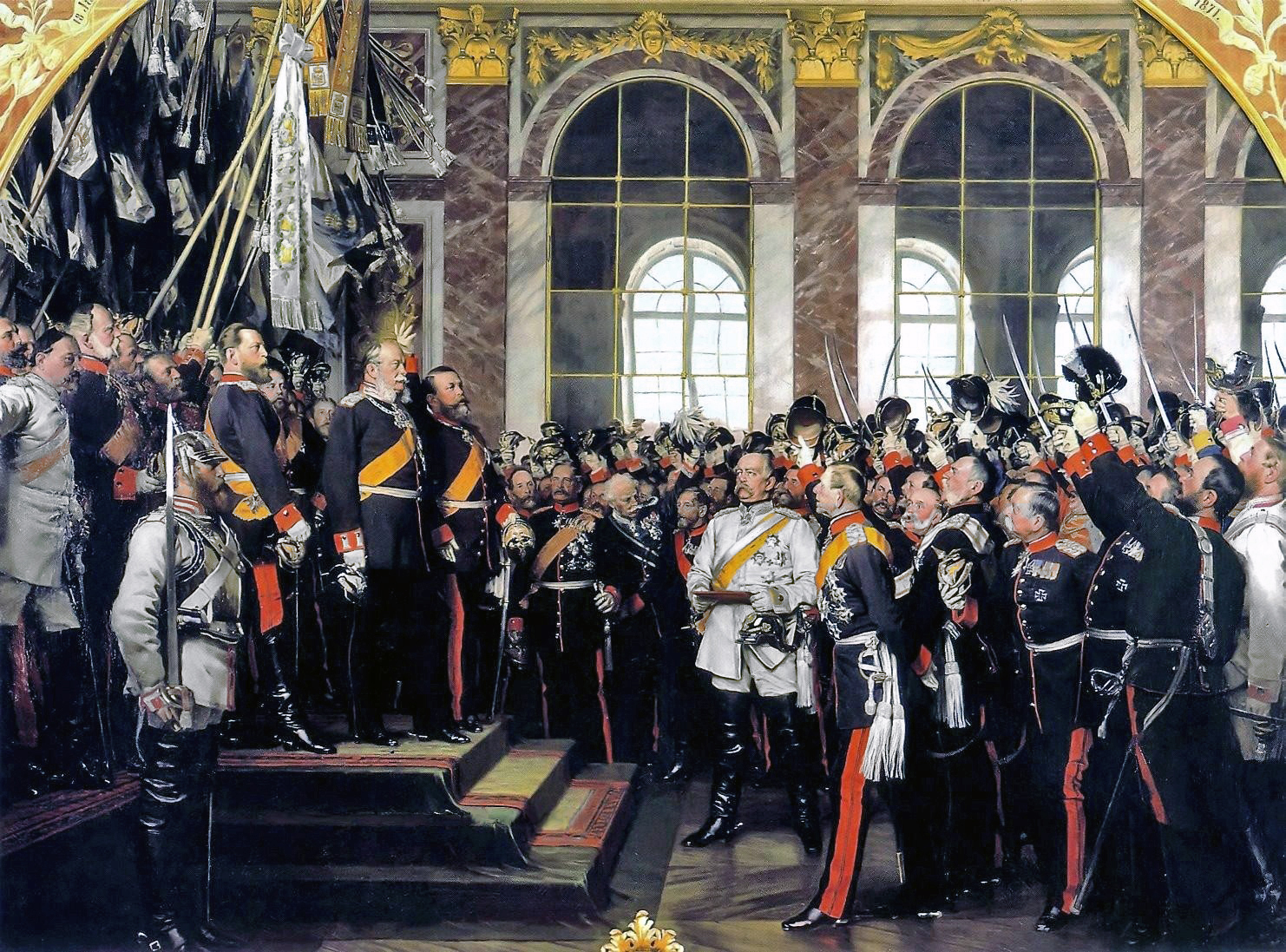A legal whip on history falsifiers: How Poland is penalizing crime denial (Part 2)

Poland is penalizing the “Auschwitz lie” in a similar manner to other Central European countries, forbidding both the denial of German crimes as well as lying about communist murders. The West, however, has a completely different approach to this matter.
Piotr Włoczyk
(…)
According to attorney Szymon Topa from the Patria Nostra association, which defends the good name of the Polish nation before the courts, the parallel criminalization of Nazi and communist crimes is an absolutely natural consequence.
– It seems that Art. 55 of the Act on the Institute of National Remembrance, a provision penalizing the so-called “Auschwitz Lie”, does not raise any doubt and constitutes the basis for the conviction of a person who publicly denies the crime that was the Holocaust. Not only that, if this provision is also treated as an instrument of historical policy (the policy of remembrance), it is rather correct to consider this issue in the context of the protection of remembrance concerning the crimes committed against the Polish nation – attorney Szymon Topa said in an interview for the “Do Rzeczy” weekly. – We can still feel the effects of the occupation of both totalitarian regimes today, both in the demographic and economic spheres. It is therefore not surprising that in the memory of the Polish community, protected precisely by the provision of Art. 55 of the Act on the Institute of National Remembrance, crimes committed by orders of Hitler or Stalin are included, in the normative and axiological sense, in the same provision. It cannot be overlooked that in view of the aggressive historical policy of the Russian leader, the need to protect the memory of the victims of the communist occupation becomes particularly important.
However, as noted by attorney Topa, Art. 55 of the Act on the Institute of National Remembrance does not protect Poland from the use of such terms such as “Polish extermination camps” by the media. – As the jurisprudence shows, but also the statements of some representatives of the criminal law doctrine, the possibility of convicting a journalist using this type of erroneous phrases is being questioned under this provision. Often it is a reflection of the absence of conviction in the practical possibilities of prosecuting a journalist, and in others – a naive belief that such statements have no influence on the foreign public opinion’s historical awareness – says attorney Topa. – Therefore, it seems reasonable to return to work on the development of unambiguous provisions that could give Polish law enforcement agencies a tool to bring to justice those who distort the history of the perpetrators of crimes committed on former extermination camp prisoners. Importantly, it is possible to legislate the denial of the Holocaust as a sub-category in the penalization of the denial of the crimes of German Nazism, thereby obtaining the support of the Jewish community, which expects such legal instruments from Poland.
Attorney Lech Obara from the Patria Nostra association emphasizes that civil law can also be helpful to countermeasure historical lies.
– In the case of people who lie about our history in a deceitful way, especially in the context of World War II, trying to attribute the crimes committed by others to Poles – I can imagine penalizing such acts even with imprisonment. However, we must be aware of what the practice looks like in such cases. Most often, lies that attack Polish historical memory are formulated outside our country. This means that we would have to bring a citizen of another country before a Polish court and no one would want to appear in Poland for this purpose. Meanwhile, the law must be effective to be respected. That is why I believe that civil law gives Poles greater opportunities to defend our historical memory than criminal law. Loud apologies or awarding high compensation may scare potential liars in the future as well as the threat of imprisonment – said Obara in an interview for “Do Rzeczy”.
Dr. Tymoteusz Zych from the Ordo Iuris Institute writes in his book – “Historical truth and the responsibility for its denial and distortion” – that since the mid-1980s, the number of countries that have decided to penalize the “Auschwitz Lie” has been constantly increasing.
“This dynamic is characterized by the course of the public debate in Poland, which for a long time focused on the compliance of the prohibition to question communist crimes and Nazi German crimes contained in Art. 55 of the Act on the Institute of National Remembrance with the constitutional guarantees of freedom of expression – writes Dr. Tymoteusz Zych. – In time, however, this thread lost its importance, and due to the spread of the phrase ‘Polish death camps’, the discussion focused on the possibility of extending the penal sanction, resulting in the adoption of regulations binding for 137 days on a wide range of dispositions penalizing the defamation of the Polish nation and the Polish state by attributing to them, against the facts, responsibility for crimes against peace, war crimes, and crimes against humanity”.
However, as shown by the very critical acceptance by the international opinion of the amendment to the Polish Act on the Institute of National Remembrance in 2018, such a significant extension of the criminal sanction penalizing the insulting of the Polish nation also requires effective diplomatic protection.
– From the beginning, I argued that we should not give way in this matter. Giving in to pressure from abroad is a prelude to further distorting our history. There is no shortage of powerful forces abroad that seek to convince the world that World War II broke out through the adventurism of Poles who wanted to build extermination camps. We must defend ourselves against this lie at all costs – says Tadeusz Płużański. – I look broadly at the term “Auschwitz Lie”. For me, it is not just Holocaust denial, but also telling us that the German concentration camps were “Polish”. Probably everyone in Poland can see that in our country, denying the fact of the Holocaust is a completely marginal phenomenon. The phrase “Polish camps”, so often repeated, is a bigger problem. We must do everything to ensure that this slanderous phrase is as universally recognized all over the world as possible as part of the “Auschwitz Lie”.
This article was published in 2021 in “Do Rzeczy” magazine.



